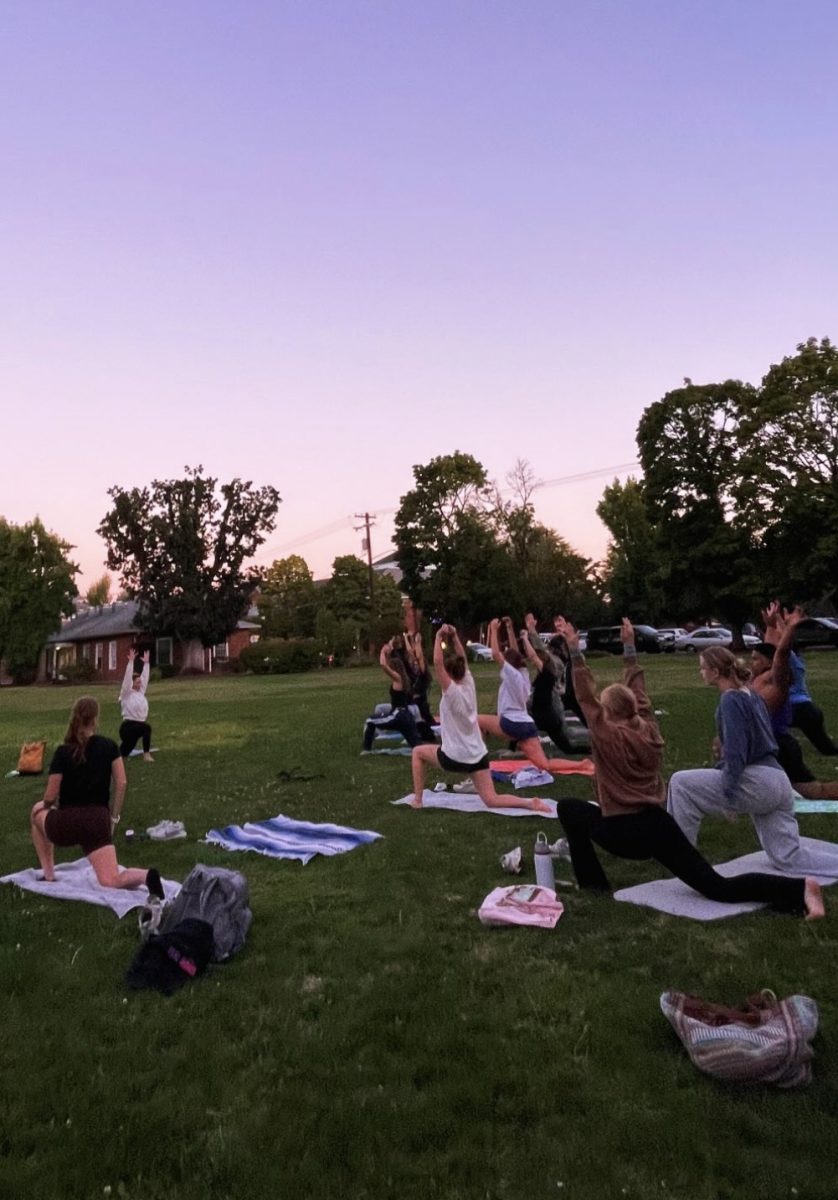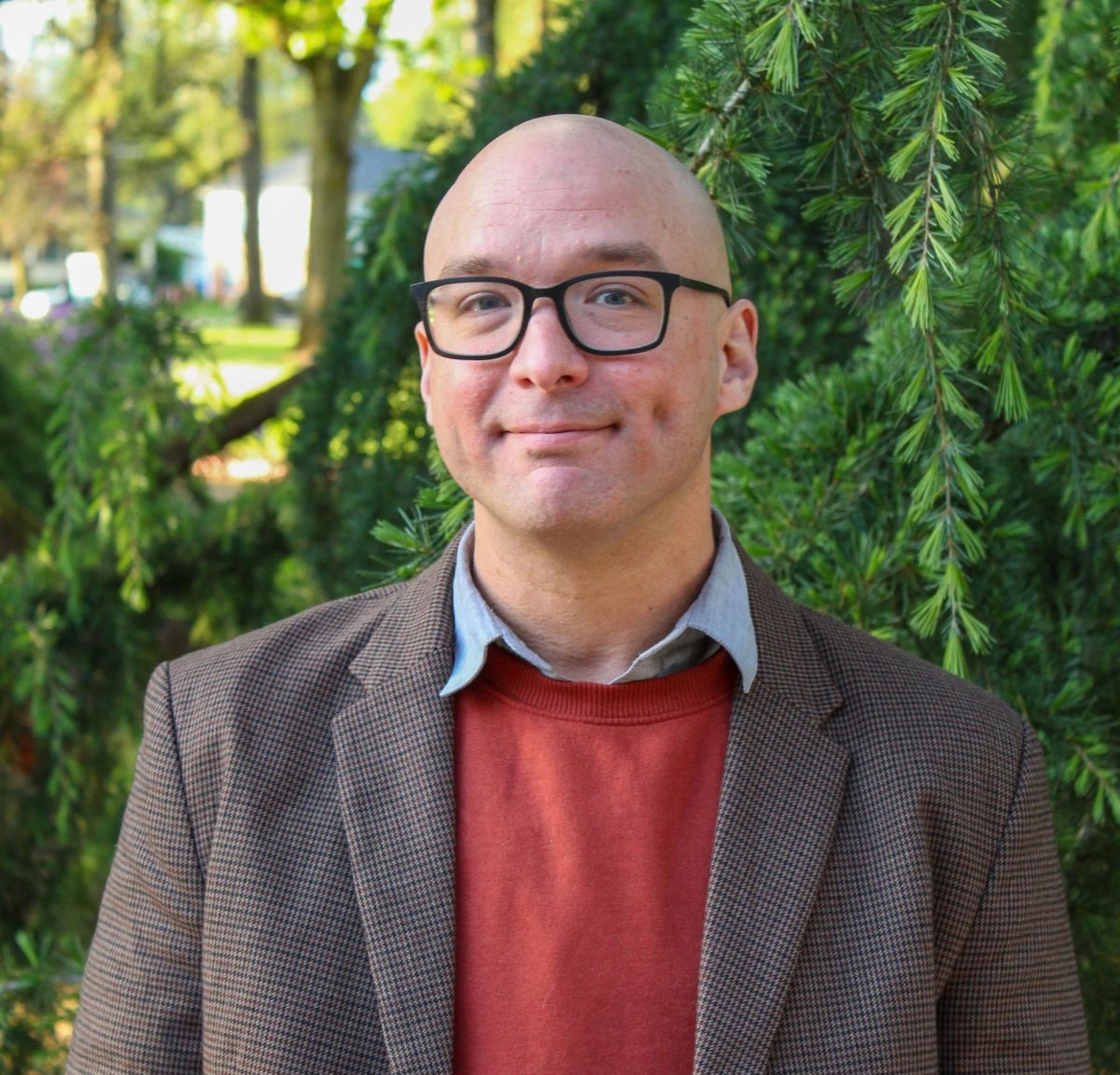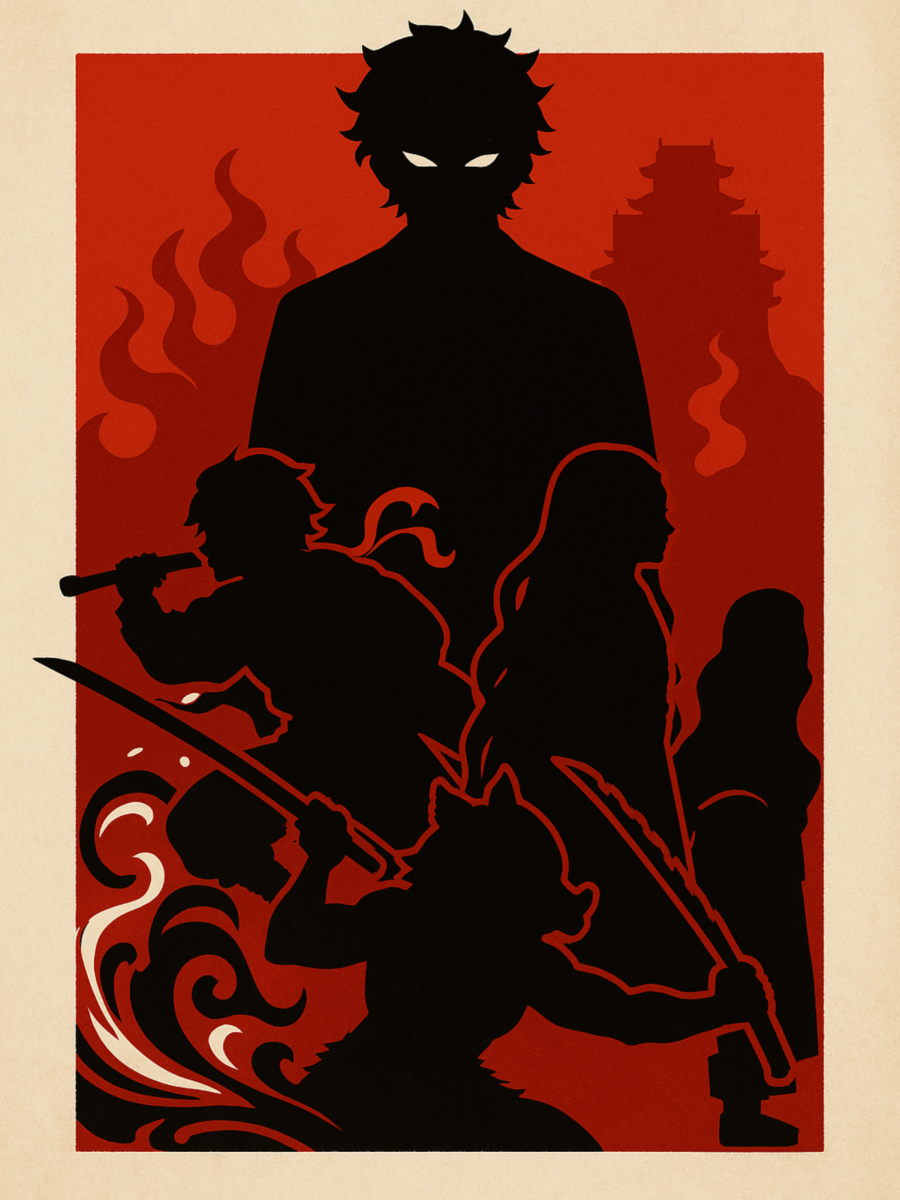Respecting others and working on a team fueled his successes as chancellor at the University of Mississippi, Robert Khayat told an audience at the Lee County Library on Sunday.
Khayat charmed a full house when he spoke as a part of the Helen Foster Lecture Series about his new book, “The Education of a Lifetime.”
Khayat, who served as chancellor from 1995 to 2009, saw jumps in enrollment, increased numbers of honors stvudents, the addition of a Phi Beta Kappa chapter and a growing operating budget under his leadership.
One of his biggest challenges, he said, was the removal of the Confederate flag.
Ole Miss’ image suffered because of the flag, and he received death threats and hate mail over the controversy.
“My parents believed in treating people with respect,” Khayat said.
His recalled when his Lebanese-American father was asked to move to the back pews of the church when he was a child, and said he strove to treat others with respect because of moments like that one.
“The way [Ole Miss] was perceived had to change; we had to be inviting, and open, and warm,” he said. Disagreements may happen, he said, “but at least do it with respect. That’s not hard.”
He looked on his fellow administrators at Ole Miss as a football player looks at his teammates.
“I was chancellor, but I was on a team. They had authority to make decisions, and when they did well, they were credited,” he said. “Responsibility, authority and respect were the rules we tried to follow.”
He also spoke about his upbringing in Moss Point– “I’ve had a different kind of life, kind of like Huck Finn,” he said–to his education, from his time playing for the Washington Redskins to the biggest challenges he faced at Ole Miss.
The audience chuckled as he recalled stories from his early years as an Ole Miss student trying to understand chemistry and going to an Elvis Presley concert.
Khayat said he sees Ole Miss, and Mississippi, improving every day, especially in race relations.
“The love and affection between black and white people is extraordinary. The anger and resentment between black and white people is extraordinary. We’ve got to meet in the middle of that, and I think we can,” he said.
“I grew up in Mississippi, and I wanted us to feel good about ourselves, and wanted others to feel good about us.”
Sheena Barnett
Northeast Mississippi Daily Journal, Tupelo






